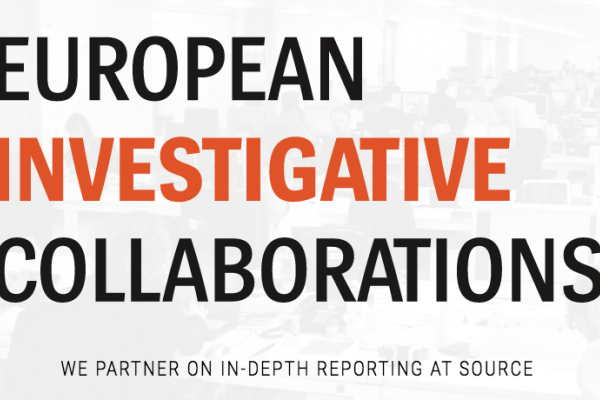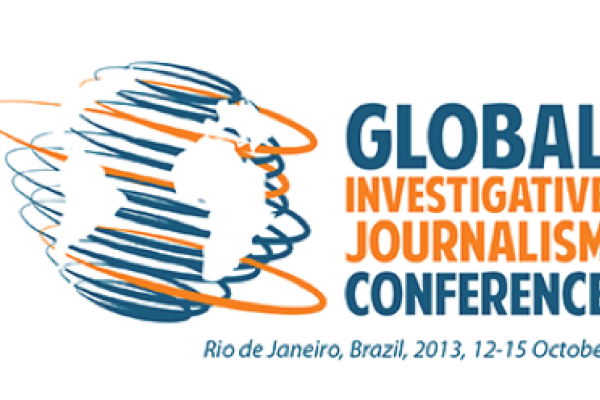Ladies and Gentlemen,
Welcome to Mechelen. As councillor Siffer indicated, this city houses a number of media companies; leading to unique cooperations such as Track 25 Cross Media Flanders. Last month, I had the pleasure to be present at the closing event of Track 25. The platform for innovation and entrepreneurship in the cross media sector, managed to take a magnificent path in the past three years. Furthermore, I had the honour to open a prestigious project on 400 years of judicial history in Mechelen. Together with mayor Somers and councillor Siffer I was pleased to learn that the history of free speech and the freedom of the press is widely covered in this project. I highly advise to pay a visit.
Bridging the subject to tonight.
First and foremost, I would like to thank the Journalismfund.eu, also known as Pascal Decroos Fund for Investigative Journalism for inviting me. I am honoured to be part of this Dataharvest Conference. This conference is a melting pot of journalistic ideas, techniques, innovation and creativity for investigative and data journalists across Europe. Moreover, I am pleased to support an initiative that continues to grow in and outside of Belgium.
Being a minister of Media my role is to stimulate rather than intervene. Despite receiving multiple letters from concerned citizens who would like to see mee acting upon certain media, I remain vigilant in safeguarding the freedom of the press. The freedom of the press is one of the cornerstones of our democracy, yet it is still tied to certain boundaries that are set by our constitution.
Henceforth, the media need to continuously question themselves through the Council for Journalism. I am not opposed to these boundaries in media coverage. At times one’s trial is being conducted on main street. Yet it remains to be seen whether or not media are to be blamed for this. At the end of the day media are to respect journalistic deontological codes that they autonomously set for themselves.
Let us dig deeper into policy. Flanders possesses incredible investigative journalists. They are able to offer diverse and quality media. Pluralism in media coverage is of utmost importance to me. I therefore safeguard and stimulate it through policy. Support to quality and investigative journalism is one of the priorities in my media policy for years to come. In order to do this, Journalismfund.eu and its Pascal Decroos Fund project receive a yearly envelope from the Flemish government.
In the past few years, the Fund played an important role in stimulating media pluralism and facilitated investigative journalism in Flanders. In addition, the Fund ensures that journalists can conduct investigations that would not be possible without financial support. In times of media-ratrace, financial support from the fund allows them to dig deeper for longer.
One of the biggest surpluses of the Fund is its neutral stance and support to journalists themselves. The complexity of journalism significantly increased in the past decade. The needs for information and service have grown. Consequently, I increased support to the Association of Flemish Journalists, in order for them to broaden their services. Journalists have a crucial role as trustworthy guide to a public that is permanently overwhelmed with news that can be consulted online or offline, whether that be through the internet or through social media.
The public broadcasting company has a leading role in our media industry. The VRT can be seen as a lever. This means it receives public means in exchange for respecting an agreement that is negotiated with the authorities. The agreement stipulates the necessity for quality news coverage as a core task in its mission. More importantly, that agreement sets a yearly target for ten all-encompassing news stories, resulting from investigative journalism. Thanks to this agreement, VRT managed to strengthen its array of quality and trustworthy news; making it a leader in Flanders and setting a standard for others.
For as long as journalists remain trustworthy guides, trends such as digitalisation and globalisation do not necessarily pose a threat for citizens keen to absorb news. This brings us to the purpose of this conference: to stimulate journalistic creativity and find new ways of conducting great journalism. Data journalism, cross-border journalism, entrepreneurial journalism, new storytelling methods, new collaborations between scientists and journalists...
Later this year I will launch a new framework subsidies to support innovative news initiatives that strengthen pluralism in the sector and broaden the array of information.
Ladies and gentlemen, Bob Dylan once sang: ‘The times they are a changin’. It is up to you to jump on the winds of technology and globalisation in order to stay on your journalistic course and provide people with clear and unbiased information.
Thank you



